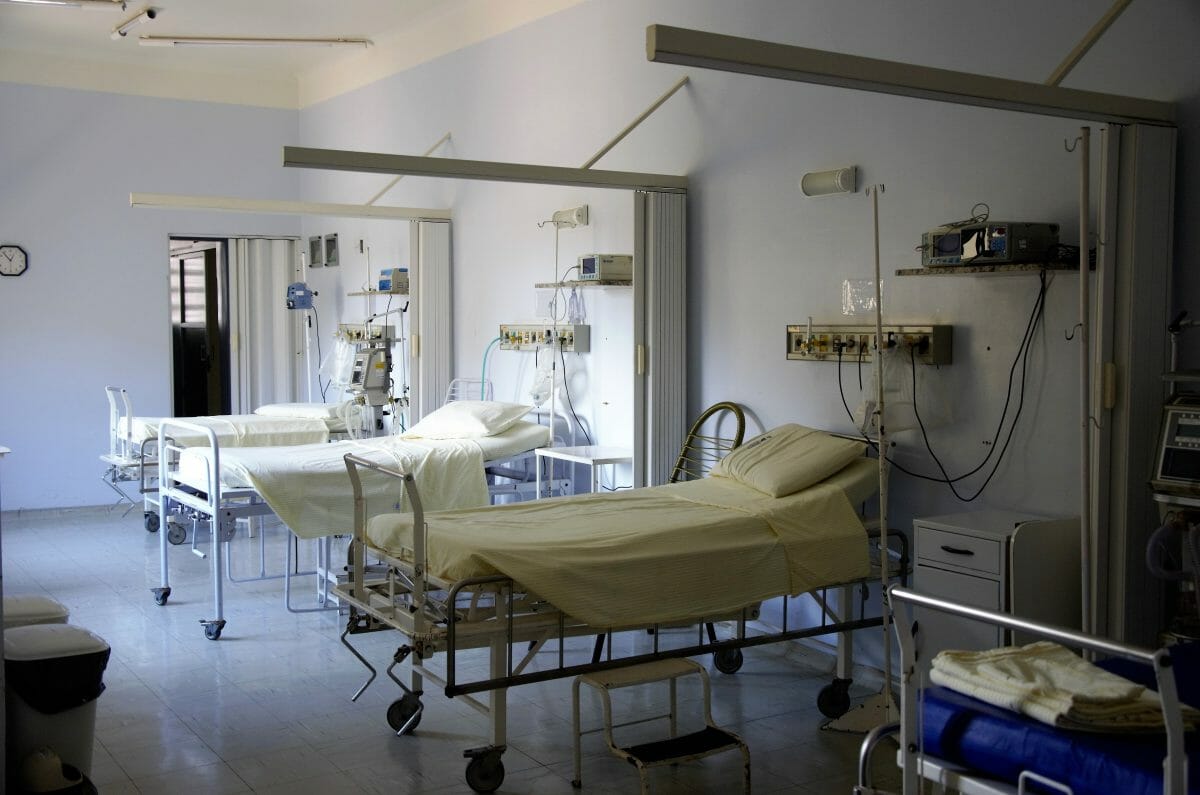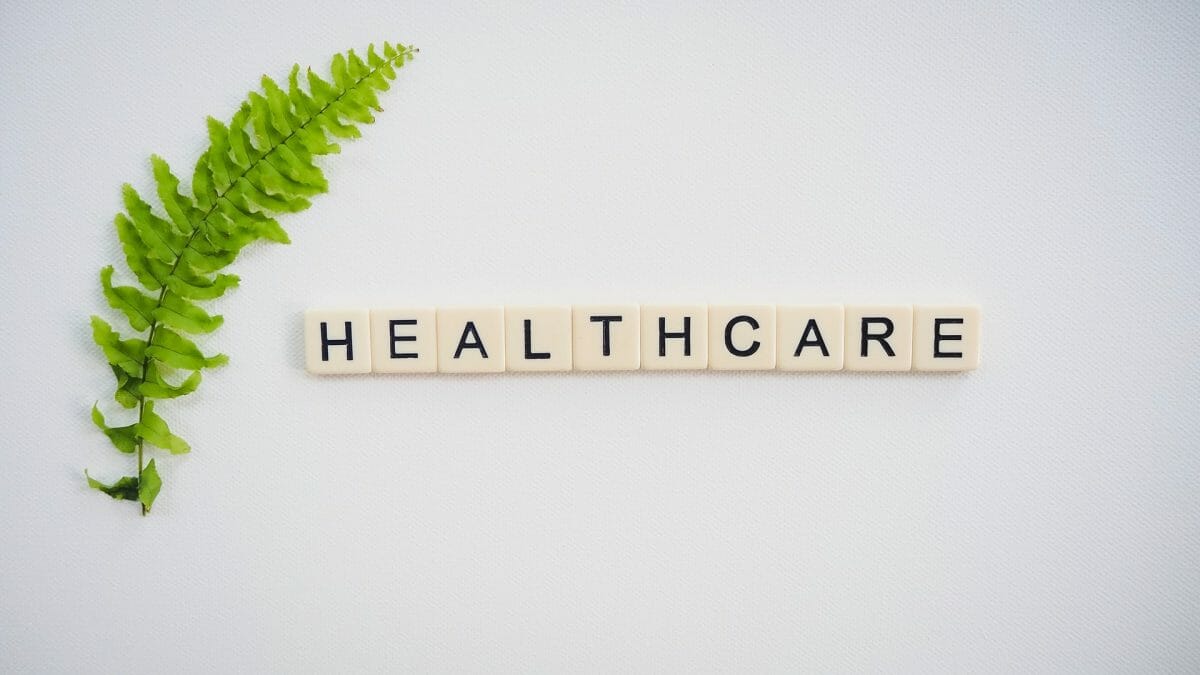It’s no secret that the world of healthcare is constantly changing, and in fact, this is generally necessary as a means of keeping up with the world, and of ensuring patients are still provided with the best possible care available at all times.
But anyone who works in the field of healthcare or medicine needs to be able to keep on top of these changes, and with so many of them going on at all times it can be challenging to do this. Nonetheless, it’s something that is vital to do.
In this article, we are going to take a look at some of the most important and widely relevant changes that we are seeing in modern healthcare. Many of these have been going on for a while and some are brand new, but they are all worth knowing about and trying to dive into as deeply as possible, especially if you are keen on providing better healthcare yourself. Let’s take a look at some of these right now.
The idea of medicine being in trouble financially is nothing new, and it is in fact the kind of thing that has always plagued this industry in some way or another. But at the moment things are looking particularly dire for many corners of the market, and the final result of that is that costs are passed on to the patients, to the effect that often they are unable to actually afford the care they need at all.
So what is driving this cost increase? There are many things, but one of the main ones is that a slow recovery from the pandemic is still in force. With the huge effect that this had on the medical industry, it is taking a long time to recover, and this is leading to huge cost rises that don’t currently show any signs of slowing down.
If you are a healthcare provider of any kind, what should you do? It’s time to start lessening your costs in whatever small way you can, so that you can pass some of that savings on to the patients – therefore being able to provide a better medical service to the people who really need it. This is the best response that you can possibly take to rising prices.
Government Growth
While it used to be the case that most people got their health insurance through their employer, an increasing number of people are getting it through governmental means, such as Medicare and Medicaid. This might not change much of what happens on the ground in terms of your service to your patients, but it does alter the manner in which you get paid by them, and it’s therefore a huge administrative thing that you have to consider.

Online Pharmacies
More and more people are getting their pharmacy services online, and this trend looks set to continue into the future. Indeed, it is not a stretch to assume that soon enough, the vast majority of pharmacy services will be carried out online, and this will likely be supported and encouraged by huge companies like Amazon. How this affects your own approach to healthcare depends very much on what kind of healthcare you are involved in and what you provide to your patients, the important point is to ensure that you are aware of this as a trend that is likely set to continue growing.
In one way, you can see why this is happening, and it does make a certain sense. After all, if something can be done online, then it helps to manage resources while also keeping costs low – and as we have seen above, that is hugely important right now too. You will also find that you are much more likely to be doing your part in stopping the spread of covid, flu, and other viruses if you carry out as many services online as you can, so that is another reason to get involved in this kind of thing.
Like it or not, however, online pharmacies are booming, and are going to continue to do so in the near future, so this is something that you might want to get on board with as soon as you can. It is likely going to help you to keep up with what is going on much more effectively.
The Rise Of Telemedicine
On the subject of providing services online, another form of online service that the healthcare industry is now seeing a lot of is telemedicine. This is effectively where a patient is able to have a consultation with a doctor of any kind online, thus saving them the hassle and time of having to go into the GP’s office when they have something they want checked out like Covid fatigue after recovery. There are actually numerous benefits to this way of doing things, not least the fact that it tends to save a doctor’s surgery a huge amount of time and effort.
Whether or not you are on board with this right now, there’s no doubt that it’s a growing market, with many successful ventures in the field already in full operation. If you look at DrHouse online for example, there you will see a telemedicine service in operation 24/7 that is managing to provide patients with some amazing consultations in a manner that still feels distinctly face to face. It’s likely that this gives a good service that you would really appreciate if you were in need of seeing a doctor right away.
It might be a good time to get on board with telemedicine because it is almost certainly here to stay.

This is actually something that is happening more or less across the board, in a wide variety of industries, but medicine and healthcare are one of the main places where this is taking place. Supply chains everywhere are improving in a number of ways, leading to the ability to provide an increasingly better service to patients and service users of all kinds across healthcare. Specifically, what we are seeing is supply chains that are growing more agile and strategic, and part of this has been in response to the covid-19 pandemic.
There is better storage for many items, and better self-distribution, helping to minimize costs and waste across the chain. We are also seeing a lot of better and deeper relationships, along with the growth of alternative or backup suppliers, which means that supply chains are much less likely to be negatively disrupted for too long, as they can be put back in place pretty quickly more or less every time. There is also smarter predictive information so that those errors can be seen in advance and corrected pre-emptively.
All that means the medicine gets where it needs to go, and when it needs to be there – and that’s good news for everyone.
Coopetition
You might not have heard of coopetition, but it’s currently all the rage in the healthcare world. It is essentially a mix of competition and cooperation, and it is a key healthcare trend right now and has been for a few years now. It’s all about seeing the bigger chains and companies as opportunities, rather than impediments, leveraging the capabilities of those giants to provide better services for your own patients and users. That can happen in a number of ways, such as offloading financially draining services in your own company and expanding the market while also improving the health of the local community.
This is one of those trends many will be reluctant to get on board with, and yet soon enough it’s going to probably be one of those things that everyone is talking about. So if you are not yet looking into your co-option options, it’s something that you might want to consider as soon as possible.
Personalized Care
Finally, one of the most welcome and important trends that are happening right now is an increasing personalization of care. In truth, this has been slowly happening for many years now, decades even, but we seem to be reaching a fever pitch with it at the moment where the personalization aspect of good healthcare is really being put at the forefront of the experience. That is something that helps the patient to feel understood and seen, which in turn has been shown to literally improve recovery times. So it’s yet another aspect that healthcare providers might want to try and get on board with if they are not already, and ideally as soon as possible. It will lead to better care all around.
